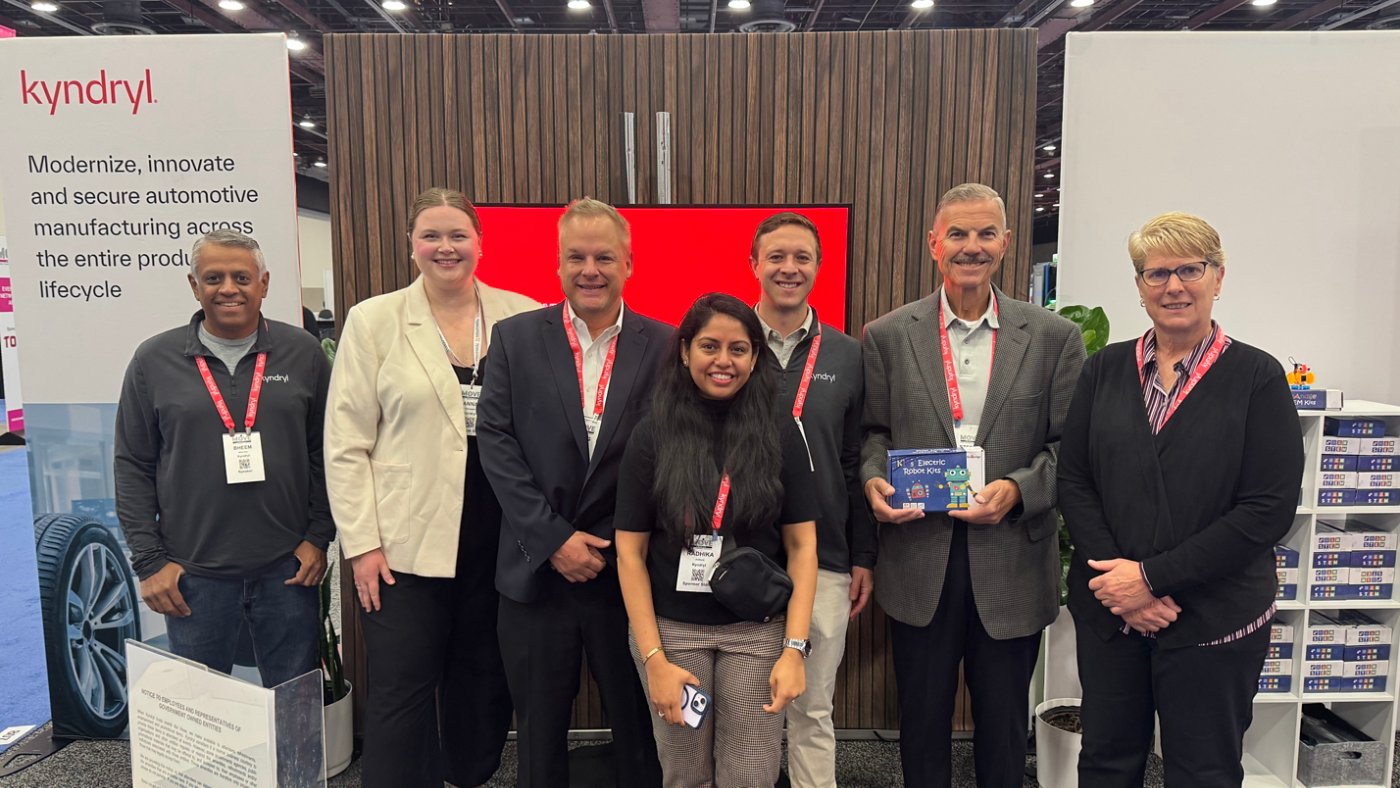
By Bheem Athanikar, Kyndryl Consult Partner
Agentic AI – artificial intelligence that can think, make decisions and act independently to achieve specific outcomes – is poised to redefine how we transport people and goods. Unlike traditional automation that relies on a library of pre-programmed responses, agentic AI systems can function proactively. In the transportation arena, this heralds the potential for vehicles and infrastructure that can collaborate to optimize travel routes, anticipate and schedule preventive maintenance, and adapt to operator preferences. Working with the people who establish strategy and public policy, agentic AI can help bring about a smarter, safer and more resilient mobility ecosystem.
At the recent MOVE American conference in Detroit, USA, Kyndryl showcased uses for how agentic AI can potentially help people oversee self-driving vehicles, AI copilots that assist drivers, and fleet managers. More than mere digital assistants, these agentic AI solutions show promise to enhance transportation safety and operational efficiency.
Driving safety and efficiency
Agentic AI can relieve people of routine – yet critical – concerns about back-office fleet operations issues, including interstate and international regulatory compliance. In such applications, AI-powered “compliance copilots” maintain policy-focused digital twins that monitor service hours, weight restrictions and emissions as vehicles travel across jurisdictions. Voice-enabled AI assistants also can help improve safety and reduce onboarding time by helping drivers acclimate to different vehicles.
Whether personal or commercial, vehicles become liabilities when not properly updated and maintained. Agentic AI can help lower the risks associated with vehicle downtime by using real-time data to predict and address maintenance issues. Instead of reacting to vehicle service codes after problems have occurred, agentic AI can monitor and interpret everything from vibration patterns to thermal profiles and operator notes to detect anomalies before they become costly or potentially unsafe failures. When service is required, agentic systems can coordinate scheduling, parts availability and bay capacity to bundle repairs and minimize vehicle downtime.
Governance and trust
Agentic AI takes two fundamental approaches to building and maintaining trust among the people it assists – delivering immediate and measurable results, and safeguarding data. Enhancing operational efficiency and safety while minimizing vehicle downtime, maintenance costs and regulatory compliance issues makes agentic AI the ultimate copilot, navigator and assistant. Trusting these systems also helps reduce the cognitive loads that people carry in an increasingly complex and distracting world.
The partnership between people and AI requires an unquestioned degree of governance, transparency, consent and data protection. These aspects are foundational and non-negotiable. In addition, AI systems must make use of open APIs, Context Protocols, audit logs and identity standards to help ensure inter-system compatibility and prevent vendor lock-in. Just as rail systems cannot operate if each jurisdiction uses a different track gauge, agentic AI systems in transportation must be interoperable to scale effectively.
These are exciting times with huge potential as the mobility industry continues to reinvent itself. But for thinking systems to work, they must be designed and implemented by thoughtful people with the technical expertise and human values required to make progress work for all.



